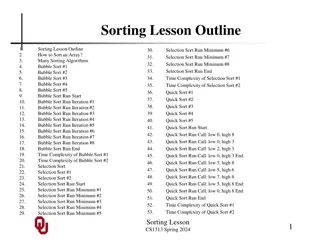
Insights into Women's Roles in Ancient Roman Society
Discover the intricacies of women's lives in Ancient Rome, from arranged marriages to societal limitations and occasional influence in political spheres. Explore the expectations, challenges, and rights of Roman women during this historical era.
Download Presentation

Please find below an Image/Link to download the presentation.
The content on the website is provided AS IS for your information and personal use only. It may not be sold, licensed, or shared on other websites without obtaining consent from the author. If you encounter any issues during the download, it is possible that the publisher has removed the file from their server.
You are allowed to download the files provided on this website for personal or commercial use, subject to the condition that they are used lawfully. All files are the property of their respective owners.
The content on the website is provided AS IS for your information and personal use only. It may not be sold, licensed, or shared on other websites without obtaining consent from the author.
E N D
Presentation Transcript
Marriages were always arranged by the male head of the family.
Women were at the centre of a family s social life.
Some Roman writers praised women for being good company and intellectual.
Marriages with control (cum manu) were seen as old fashioned.
Women could only sit at the very back of the theatre or amphitheatre.
Womens names were feminine versions of the family s surname.
Some women played an active role in Roman religion the Vestal Virgins.
Women could not vote or stand for political office. They were banned from politics.
Some women were married to powerful Roman men and may have influenced their decisions.
Girls were expected to be engaged by around 10 and married by at least 15.
Women had a 5-10% chance of dying in childbirth.
A successful woman was one who produced a male heir.
Women could inherit property.
The Father had the power of life or death over everyone. Any children of the marriage belonged to the father.
A man could divorce his wife if she did not give birth to a son.
Any man or woman could become divorced simply by sending the partner a letter or even by declaring in front of witnesses that the marriage was over.






















